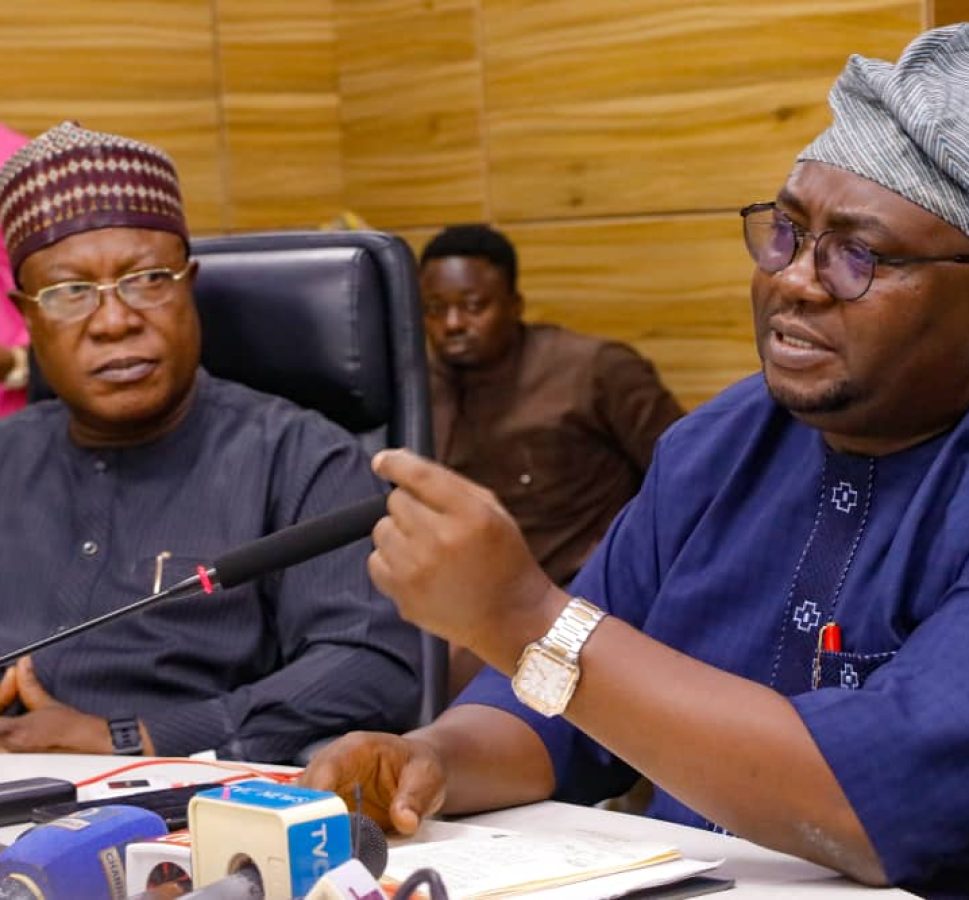
The Minister of Power, Chief Adebayo Adelabu, has stated that Nigeria would require investments worth about $262 billion to be able to achieve its ambitious target of expanding electricity generation capacity to about 30,000 megawatts (MW) by 2030.
Speaking in Lagos, at the annual international strategic conference of the Association of Energy Correspondents of Nigeria (NAEC), the minister announced that the federal government would no longer provide sovereign guarantee between investors and organisations in a bilateral contract.
He also stressed the need to create an improved partnership between the public and private sector in order to address critical issues hampering the growth of the power sector.
Adelabu, who was represented at the event by the Director, Transmission Services Department, Ministry of Power, Dr Emmanuel Nosike, noted that the numerous challenges in the power sector had led to frequent power outages, fluctuations in electricity generation, and in some cases complete grid collapse.
“Nigeria needs about $262 billion in investment to meet the expansion needs of the power sector by 2030”, Adelabu stated, adding the government had set an ambitious target to generate about 30,000MW of electricity by 2030 with renewable energy contributing 30 percent to Nigeria’s energy mix.
The minister, whose speech was sent to THISDAY, on Tuesday, acknowledged that Nigeria’s current power sector infrastructure could not effectively generate the much-needed electricity for the country. He explained that Nigeria currently has a low power generation, transmission, and distribution capacity of about 5,625MW, 8,500MW, and 8,425MW respectively, which were inadequate to even reach the targeted power generation of 20,00OMW in the short-term.
Adelabu expressed concerns over the poor performance of the power sector, noting that the sector was faced with multiple challenges which also comprise insufficient generation capacity, tripping of transmission lines, vandalization of power infrastructure, high frequency due to low demand for power, as well as ageing infrastructure.
The minister maintained that the insufficient power generation in Nigeria was also due to outdated power plants, underinvestment in new generation infrastructure, and over-reliance on fossil fuels such as gas/steam and diesel.
Adelabu stated, “The interruption in electricity supply is a result of sudden outage in the transmission line which may be as a result of overloading, overheating of insulation, and faulty substation equipment.
“Vandalization of power infrastructure is a significant challenge in Nigeria’s power network. Criminal elements, sometimes intentionally damage power lines, transformers, and other equipment associated with low levels of surveillance and security on all electrical infrastructure.
“High frequency due to low demand for power is often referred to as ‘over-frequency’ or ‘over generation’ and it occurs when the power supply exceeds the demand on the grid. Its effect can be felt in the overloading of generators and transformers, loss of synchronisation, and frequency instability. When the frequency goes up, the machine output reduces and vice versa.
“When power systems infrastructure has exceeded its expected lifespan, it needs repair, rehabilitation, or replacement. Ageing power network infrastructure can lead to increased failure rates and reduced reliability without adequate maintenance and system upgrades.
“These issues have had far-reaching consequences on the nation’s development, and as such, may risk losing potential investors.”
To address these challenges, he said there was a need for the government and private sector to collaborate on developing a strategic approach to upgrade and modernise the electricity transmission infrastructure to fully realise the anticipated benefits of privatising the power sector.
On the government’s side in terms of providing an enabling environment to attract investment, he said the federal government approved the Electricity Act 2023 to attract the required private sector investment to bridge the huge deficits of electricity demand and supply.
The Electricity Act 2023 recently signed by President Bola Tinubu, enables the states, private companies, and individuals to generate, transmit, and distribute electricity in the country.
Going forward, Adelabu said the federal government would no longer provide sovereign guarantees between investors and organisations in a bilateral contract, adding that this new approach would enhance accountability and responsibility between both parties. He advised that contract financing should be encouraged between the investor and the organisation.
Adelabu explained, “For instance, if somebody wants to invest in the transmission of electricity today with the Transmission Company of Nigeria (TCN), it should be between the investor and the TCN.
“What we see in Nigeria is that the federal government provides a sovereign guarantee, assuring the investor that the money will not be lost, and that provides a situation where the investor and the organisation relax because they know that the government will pay.
“For now, we have proposed a situation where the investor and the lender will be committed to ensuring that the project works and payments will be from the proceeds of that project.
“There should be a gas power policy. The policy on gas to power should be adequately streamlined. Concerted effort should be made at the relation of Nigerian currency to foreign currency.”
He added that Nigeria could overcome all these challenges if there was an improved public and private sector collaboration, while the government was working on providing an enabling environment for ease of doing business in the power sector.






